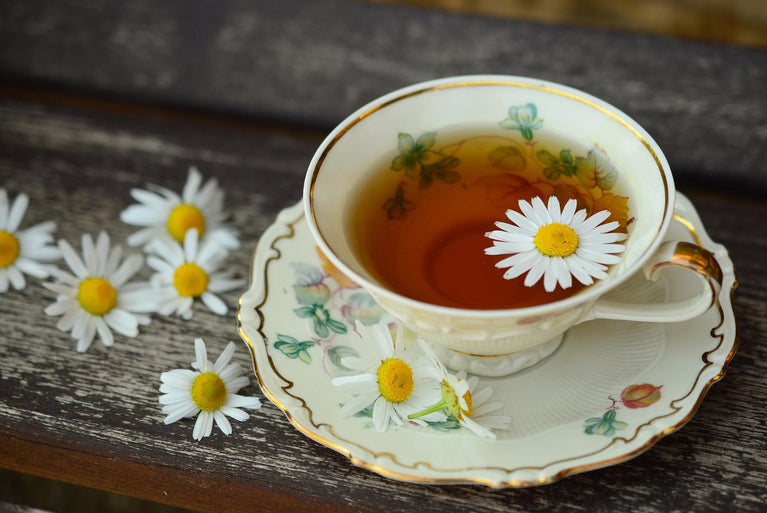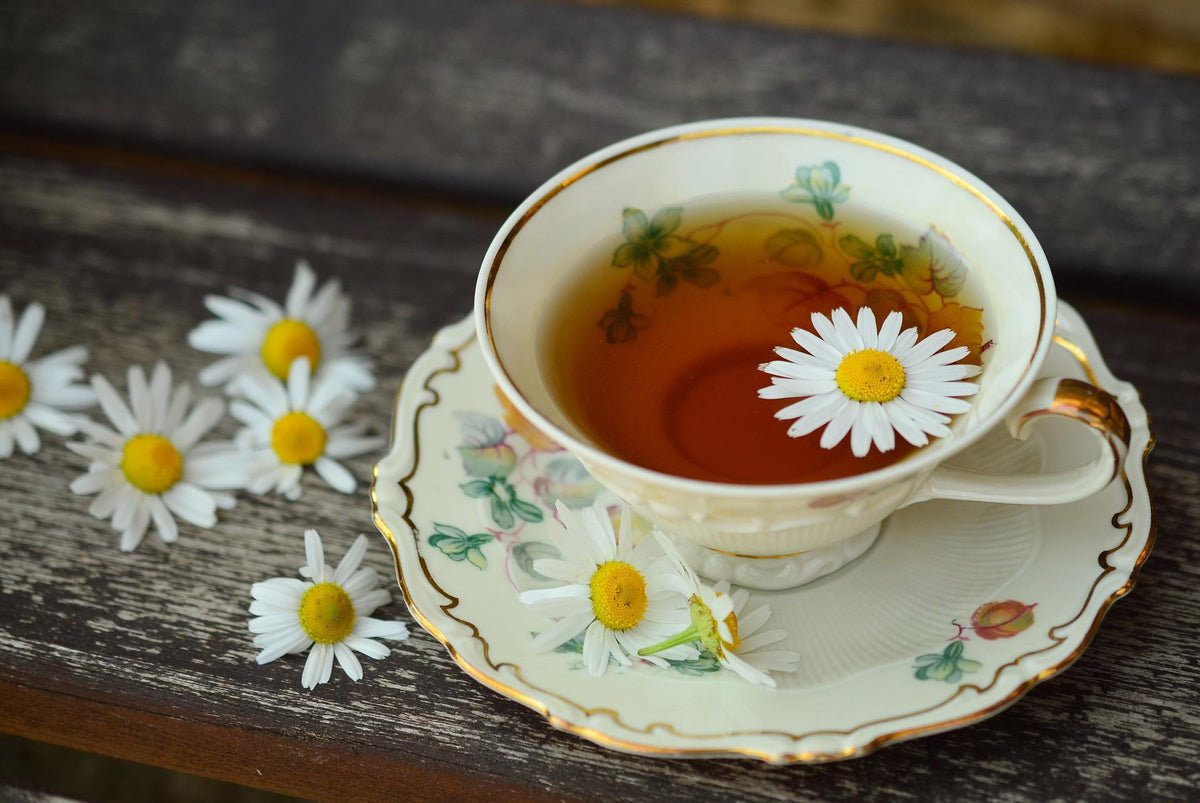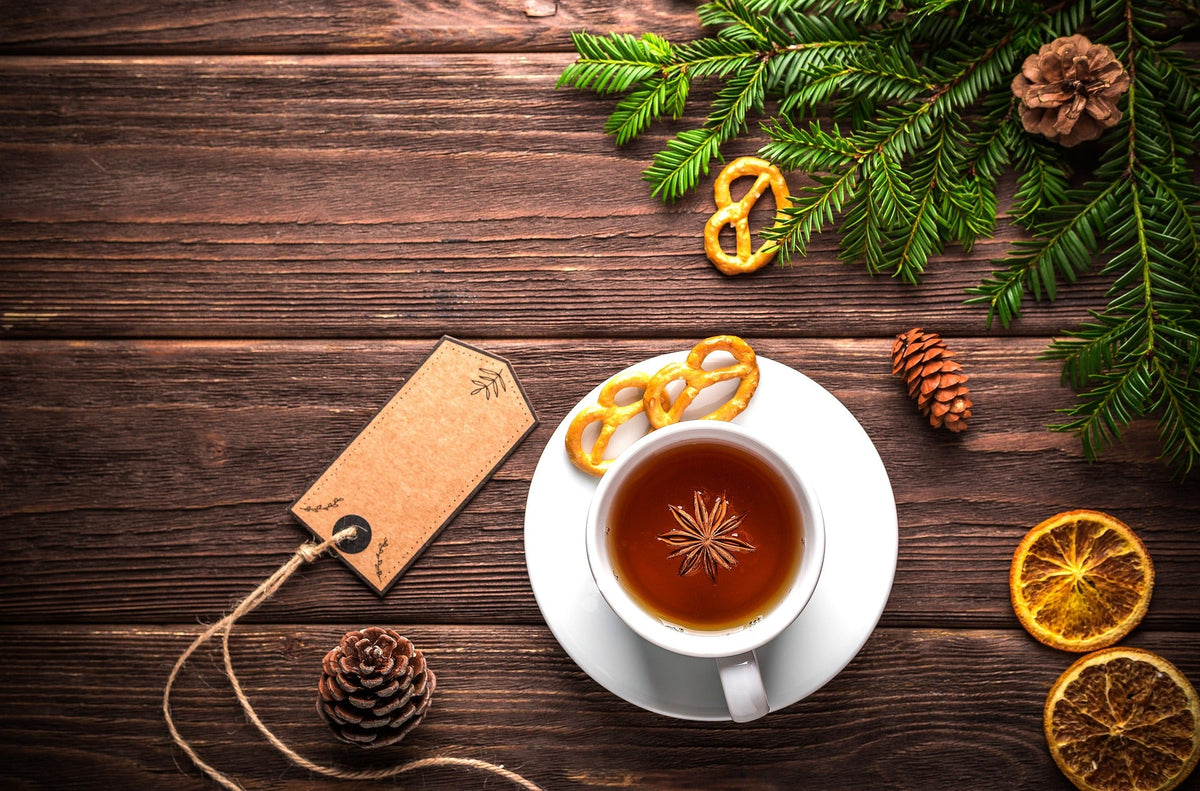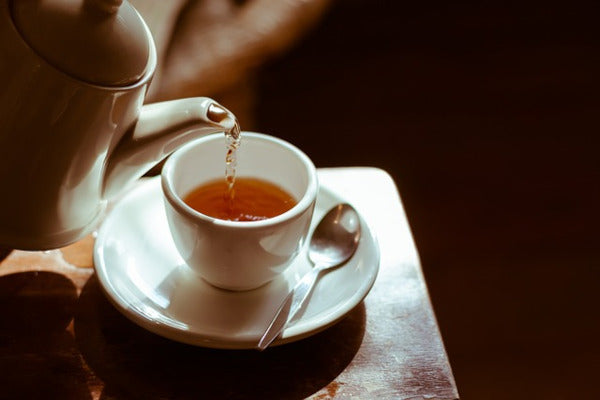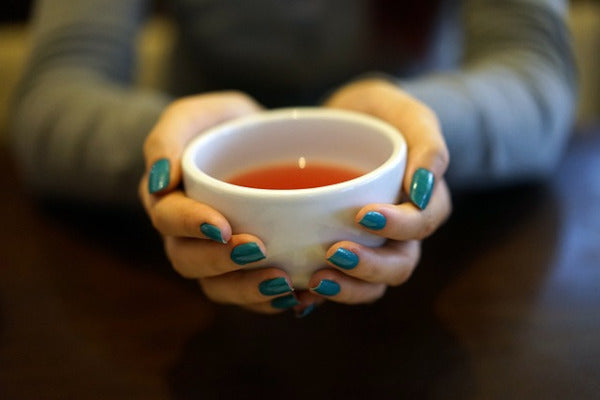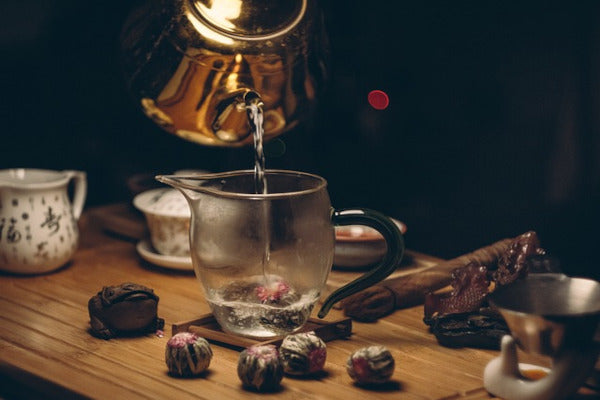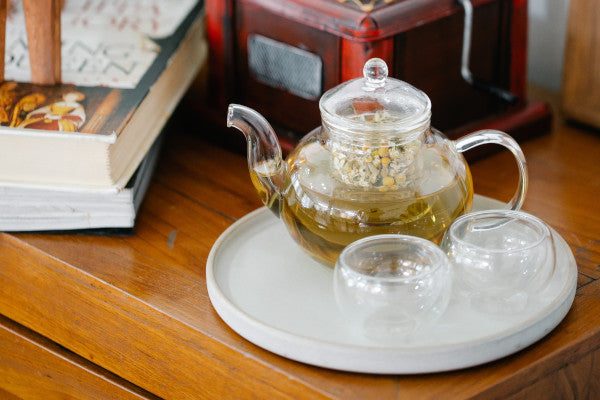Herbal tea for health
The use of herbal teas is very common worldwide. Although consuming large amounts can be risky, moderate doses are recommended. Therefore, when using these herbal teas , the recommended intake amount should be strictly adhered to.
But there are also infusions that are not used for medicinal purposes, but simply for their pleasant taste. When chilled, they are excellent for quenching thirst and refreshing.

Herbal teas, infusions, and decoctions: what's the difference?
Herbal Tea is an infusion of six finely chopped medicinal herbs. The beneficial herbs of holy herb tea are ground to release all the active ingredients.
ABSUD, on the other hand, is an infusion of the flowers and leaves of the same plant.
ABSUD is similar to an infusion. The difference lies in the preparation: the flowers and herbs are placed in cold water and then boiled.
Proper preparation of homemade tea
For perfect tea preparation , use natural mineral water: the mineral salts and low sodium content offer the benefits of herbal tea. Furthermore, the water should never be brought to a boil, as otherwise, important substances would be lost.

Homemade tea and infusions
Place 2 tablespoons of herbs in a cup. You can use them loose or place them in a colander, tea strainer, or tea infuser. Pour hot water over the herbs. Let them steep for 5 to 10 minutes (sometimes up to 25 minutes) and then strain.
The exact steeping time depends on the herb: some develop their aroma and effect only after a certain time, like the benefits of lemon verbena tea . Others can release bitter flavors into the tea if steeped too long. After steeping, the tea is ready to drink, and you have homemade tea.
Decoction
A decoction is prepared from the hard, woody, or very spongy parts of the plant or from the roots. The plant parts are boiled to extract as much of the active ingredient as possible. Take one teaspoon of dried herbs for every large cup of water.
Pour the herbs into a container and bring it to a boil along with the water. Let it simmer for 10 minutes until the liquid part evaporates. Strain out the plant parts. Most remedies work best when they're still warm.
Are you looking to offer a selection of high-quality tea in your café in Madrid, Barcelona, or Valencia? We have the perfect solution for you! At Tetique, we offer the highest quality loose tea, directly from the world's finest tea gardens.
Drink for all occasions – homemade teas
Making your own tea or infusion isn't that difficult. You just need a basic understanding of the ingredients, especially those with very potent active ingredients. If you're not careful, you may experience unwanted side effects.
You can also consult an herbalist who will advise you on different blends based on your preferences. However, if you decide to prepare the blends yourself, do not mix more than seven herbs.
Infusions are usually composed of a dominant ingredient in terms of quantity and effect: choose tea leaves, with benefits of mint tea, or flowers that have the desired therapeutic effect.
You can also add other ingredients to the drink in smaller percentages to enhance the effect or flavor . The combinations, even with linden, are endless. SHAPE WORLD has selected some that have a specific effect on your health and body.
Regenerating infusion for hair and nails
- 100 g of nettle root
- 60 g of horsetail
- 40g of rosemary
HOW IT WORKS
Boil two cups of water for about ten minutes with a few tablespoons of the herbs . Let it steep for ten minutes and then strain. Drink the tea throughout the day. Stop taking it every 30-40 days and repeat it after a twenty-day break if necessary.
Herbal tea against cellulite
These particular herbs have a draining effect against cellulite and orange peel skin:
- 40 g of birch leaves
- 35 g of corn silks
- 20 g of nettle
- 5 g of carcadet flowers
HOW IT WORKS
Boil a cup of water and pour in a tablespoon of the herbal mixture. Let it steep for ten minutes, strain, and drink. Birch is not recommended if you suffer from hypothyroidism; you can substitute it with bearberry.
Herbal tea for perfect skin and no stomach aches
Fennel and lemon balm: a winning combination! These two ingredients are known not only for aiding digestion but also for protecting oily skin:
- 1 teaspoon of fennel seeds, leaves or roots.
- 1 teaspoon of dried and crushed mallow leaves and flowers
HOW TO DO IT
Boil 200 ml of water in a pot and pour the dried herbs into it. Cover and let it steep for about 10 minutes. Strain and consume the tea after meals.
Herbal tea for fatigue
The benefits of lemongrass tea act as an excellent remedy for fatigue, exhaustion, and apathy, and is also very effective for heavy digestion and low blood pressure.
- 1 teaspoon dried lemongrass
- A few mint leaves
HOW TO DO IT
Heat 200 ml of water and pour it over the lemongrass. Let it steep for 10 minutes. Strain and add mint leaves to taste.

Slimming and energizing infusion
This is an infusion that combines the relaxing health benefits of ginger and green tea; the former aids digestion, improves metabolism, promotes circulation by combating fluid retention, and strengthens the immune system.
The second ingredient, on the other hand, is an antioxidant, counteracts cellular aging, helps with weight loss, and is a natural stimulant.
- 5g of green tea
- 1 teaspoon of powdered ginger (or fresh)
- 2 dandelions
HOW IT WORKS
To prepare a cup of herbal tea, boil 150 ml of water and add powdered or chopped ginger and two cloves. Once it boils, add the green tea and let it steep for five minutes.
Your tea or herbal infusion is born in your garden
In our country, the benefits of wild herbal teas, such as chamomile, sage, lemon balm, pepper, and catnip, are best suited for growing in the garden. They are best adapted to the climatic conditions of Central Europe and can be easily grown in the garden, even by beginners.
Fruits such as apples, rosehips, cherries, and most berries can also be grown perfectly in the garden and made into tea. Plants such as chamomile, nettle, and lemon balm require more intensive care and regular, abundant watering to maintain their fragrance.
What teas can you drink without hesitation?
You can drink fruit teas without hesitation or restrictions. However, you shouldn't overdo it with green and black teas and should enjoy them in generous doses, as these teas contain caffeine. If you drink a lot of herbal teas, you should switch more often. You can drink 1-2 liters a day, as long as it's not medicinal tea .
However, it's not just the type of tea that's crucial from a health perspective, but also the right consumer group. Pregnant women, for example, should be careful with their tea consumption:
Excessive caffeine can be harmful not only to the woman but also to the fetus. For this reason, pregnant women should not exceed a maximum of about three cups of green or black tea per day.
Furthermore, infusions with cinnamon , cloves, or raspberry leaves should only be taken in the last few weeks before delivery, as they can have a stimulating effect. Even during breastfeeding, caution should be exercised: both mint and sage can inhibit milk production. On the other hand, fennel-anise-cumin tea can stimulate it.
